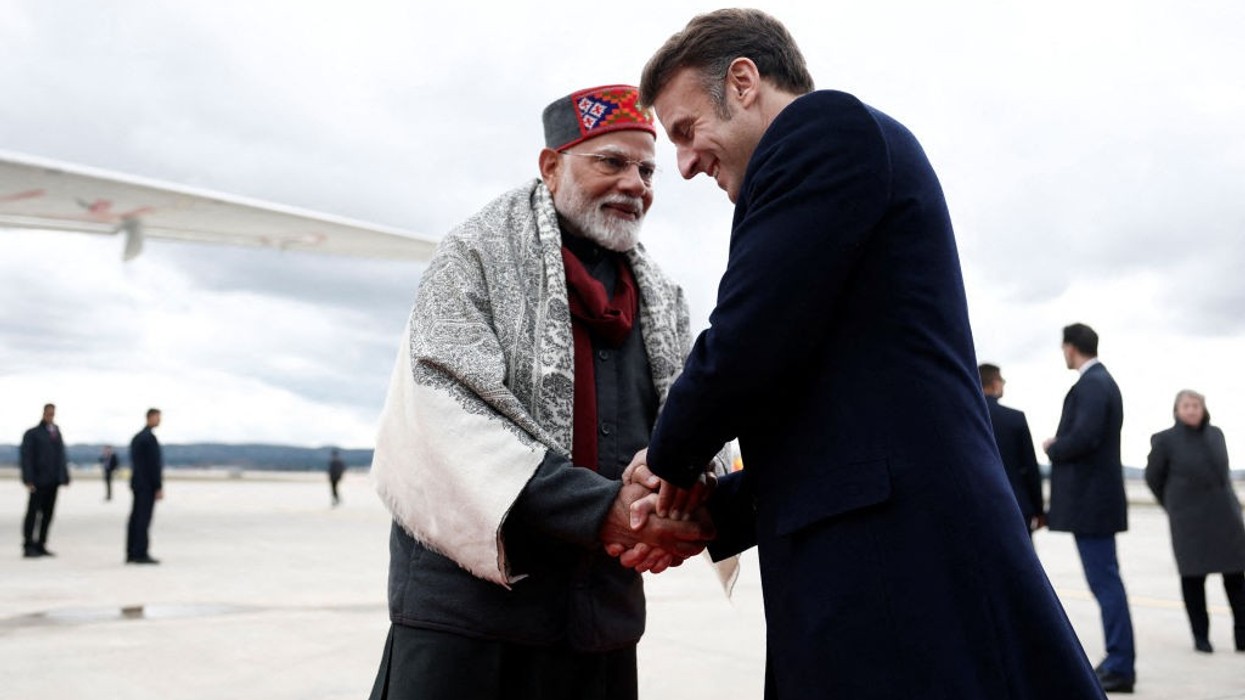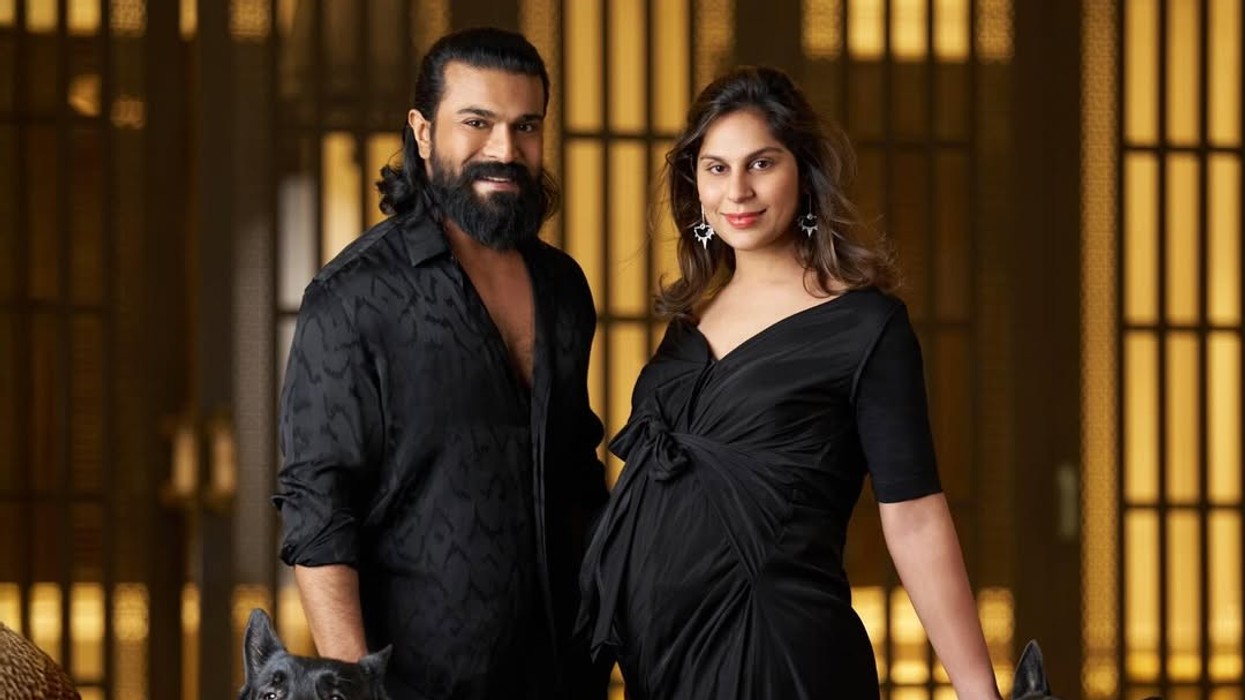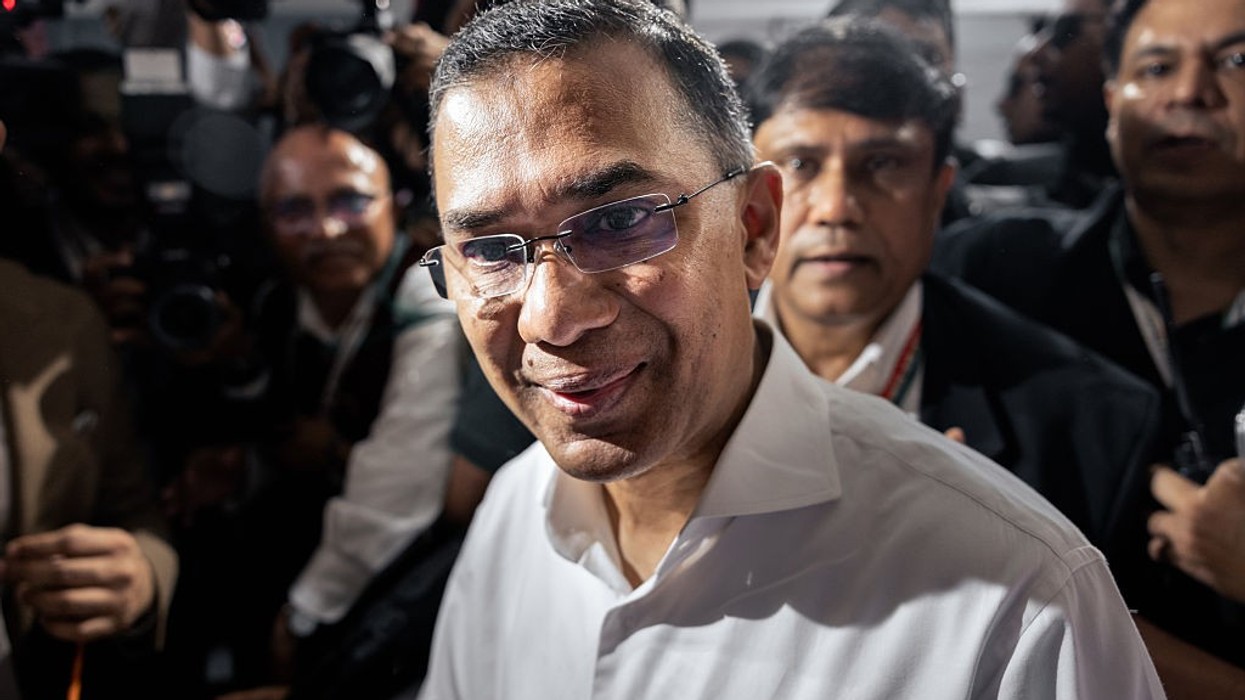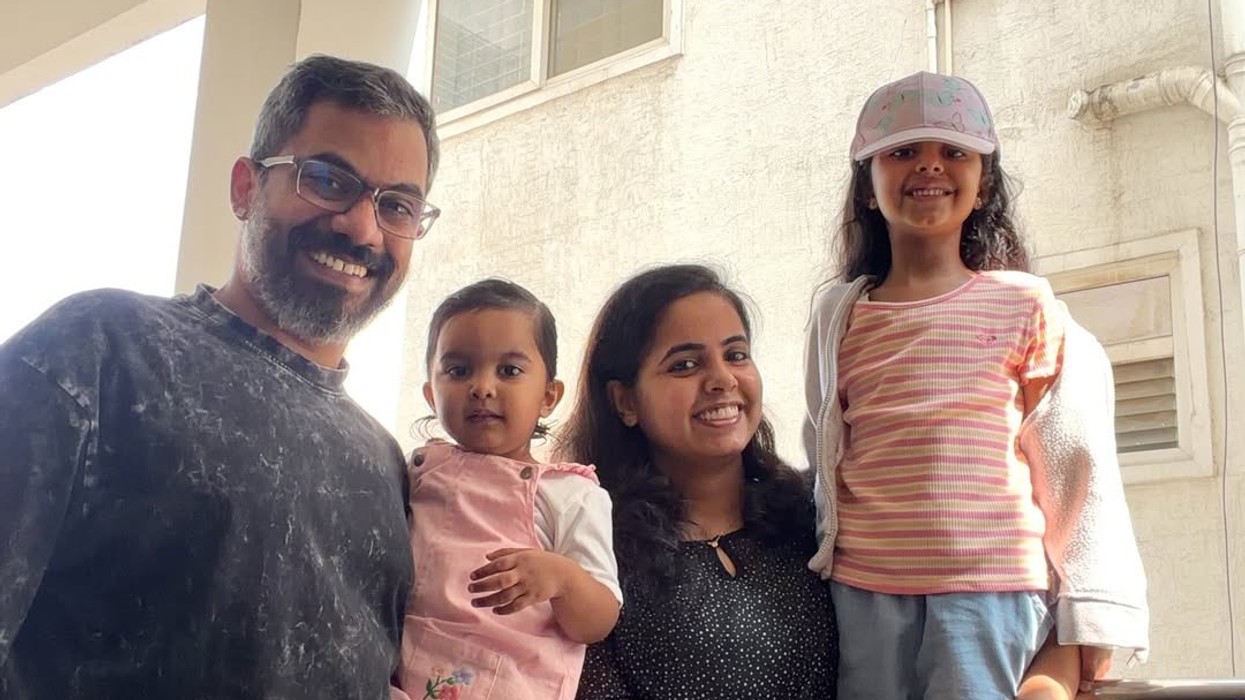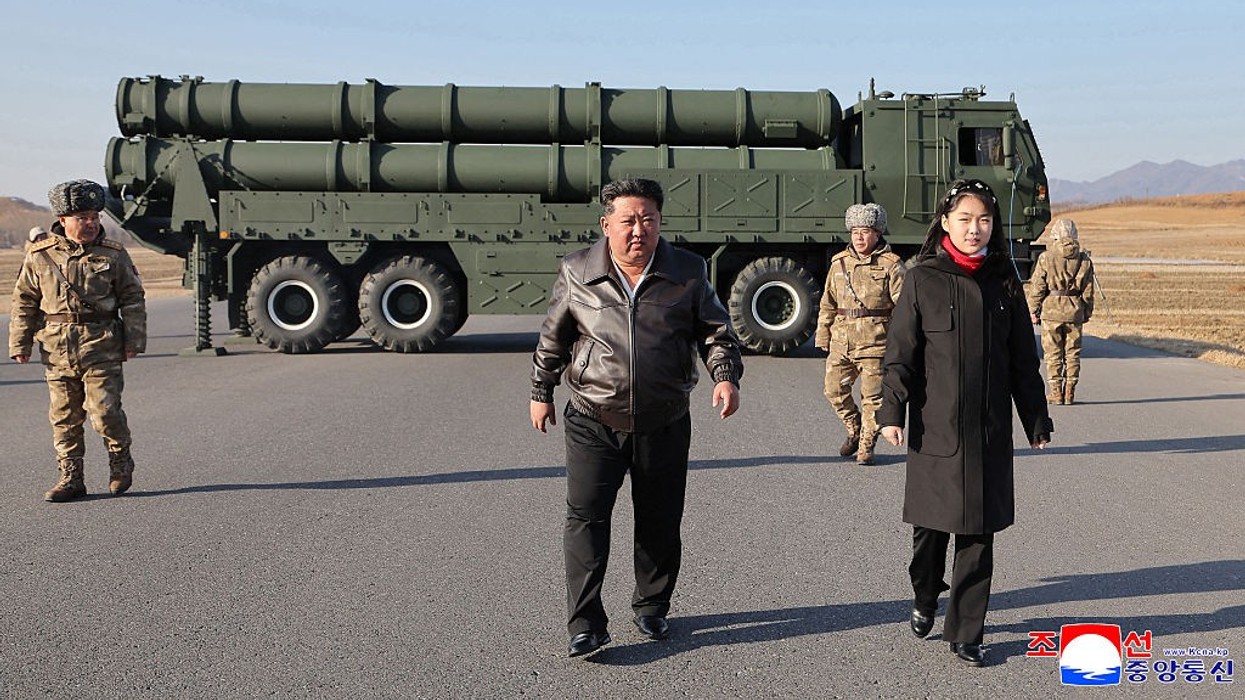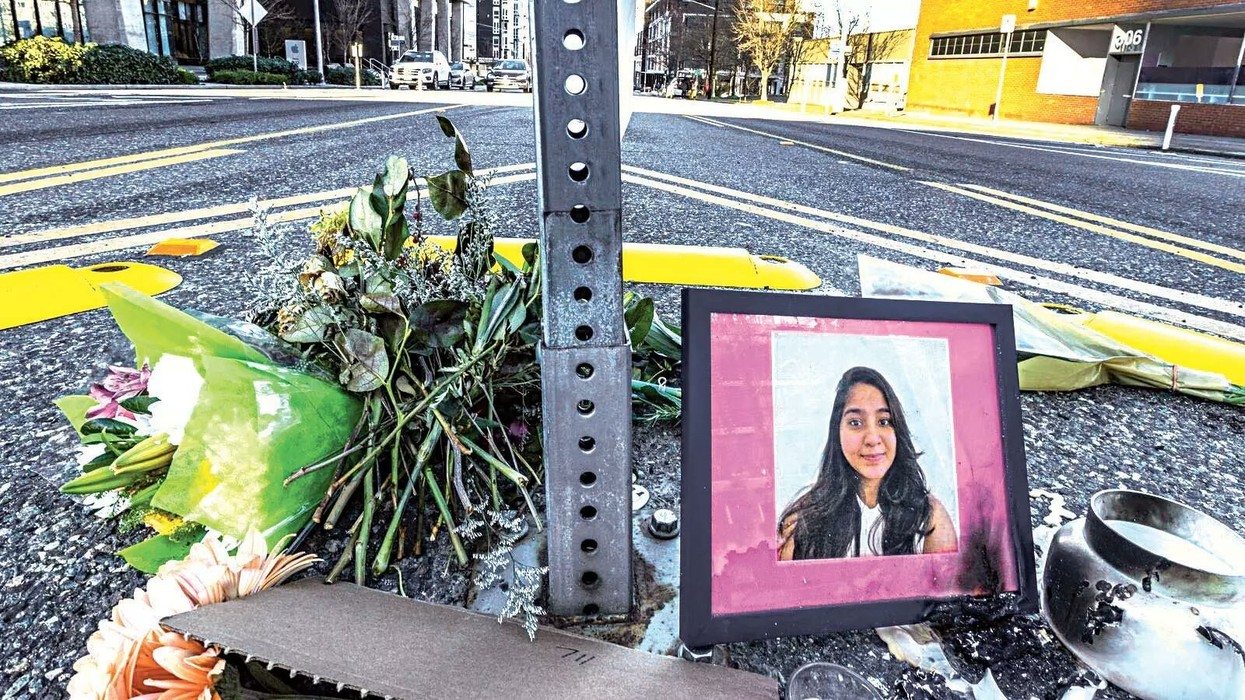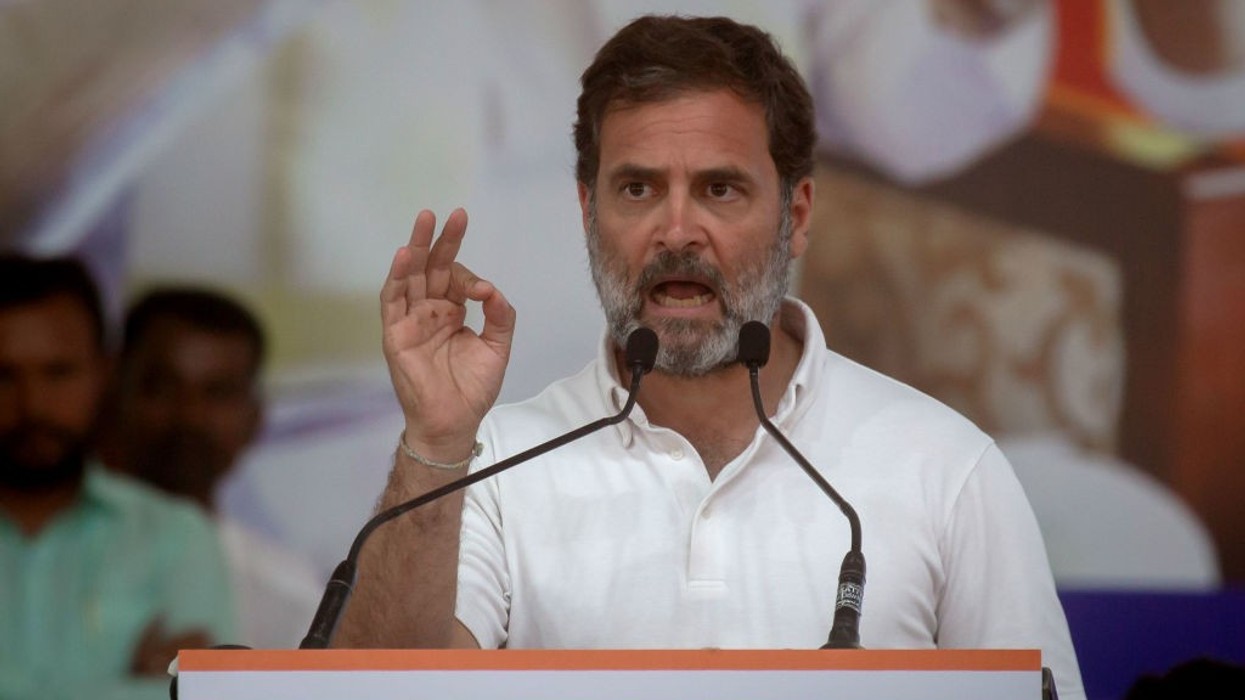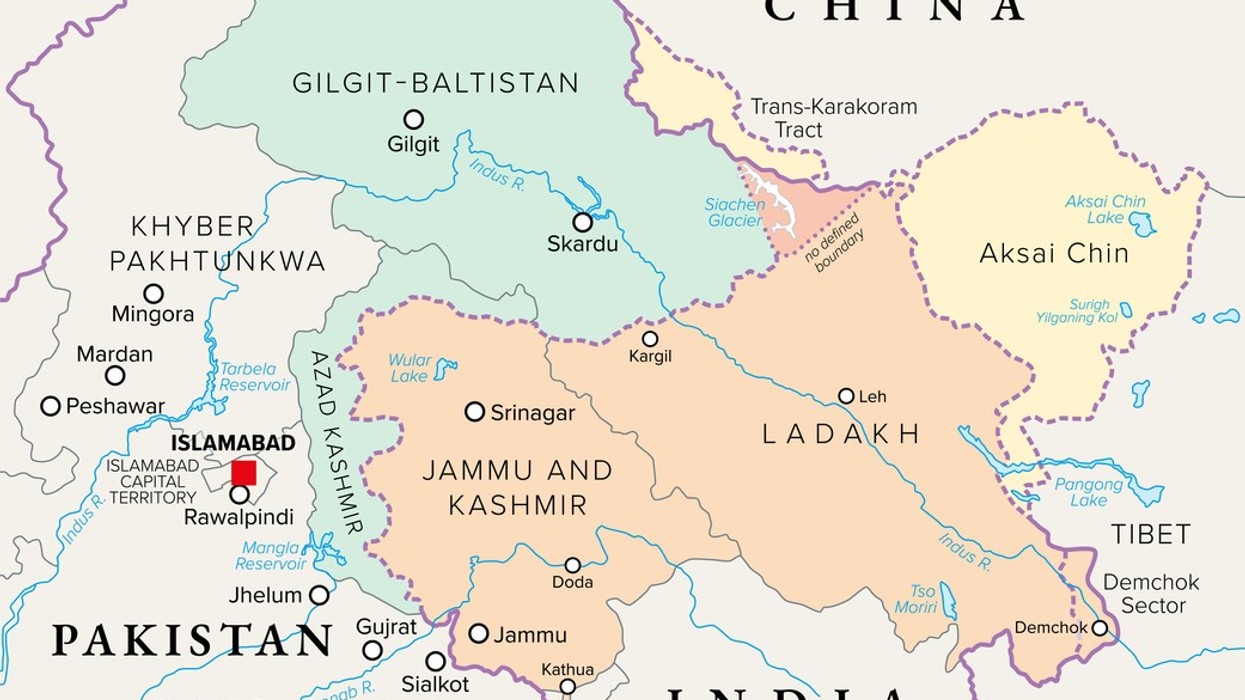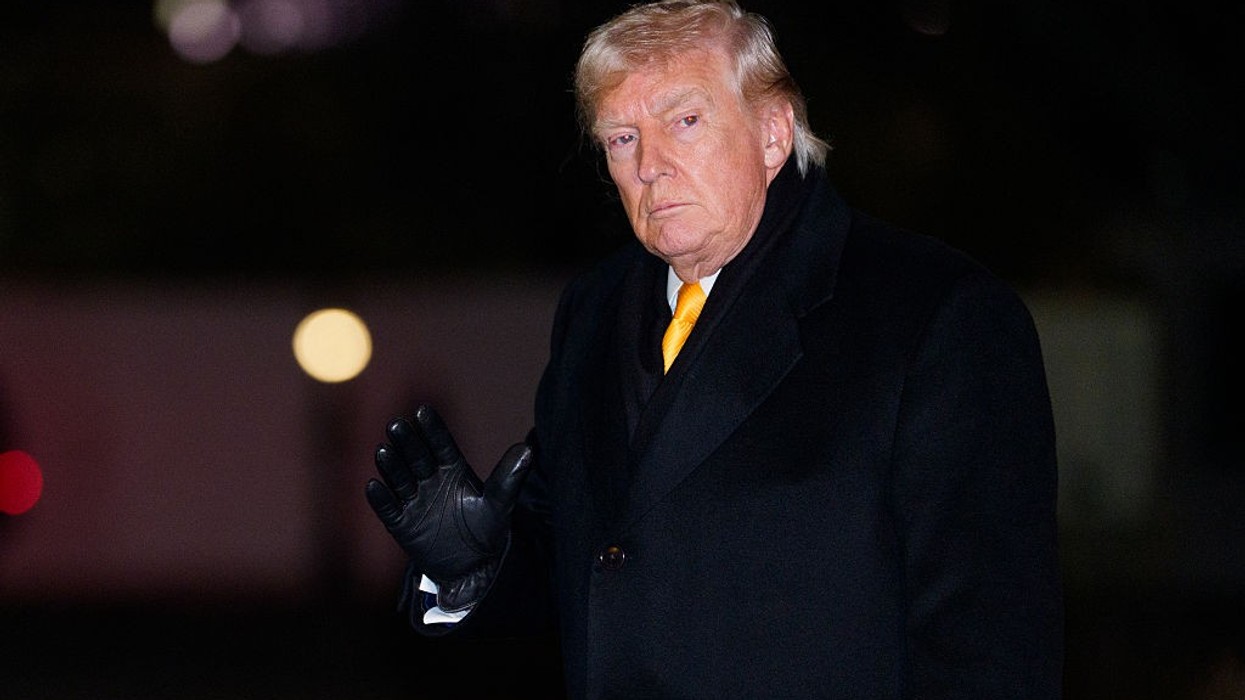The United States has resumed processing student visas for international applicants, but with a significant new requirement: all aspiring students must now grant access to their social media accounts for government scrutiny.
This policy, announced by the State Department on June 18, 2025, marks a major shift in the vetting process for foreign students hoping to study in the US.
Enhanced Scrutiny: Social Media Access Now Mandatory
Under the new rules, international student visa applicants must set their social media accounts to “public” and allow US consular officers to review their online activity.
The State Department stated, “Consular officers will perform a detailed and extensive assessment of all student and exchange visitor applicants.” The review will specifically look for posts and messages that could be deemed hostile to the United States, its government, culture, institutions, or founding principles.
If applicants refuse to provide access or do not make their accounts public, it may be interpreted as an attempt to evade the requirement or hide their online activity. The State Department warned that such refusals could result in visa rejection.
What Are Officials Looking For?
Internal guidance sent to consular staff instructs officers to look for “any signs of hostility towards citizens, government institutions, or foundational principles of the United States”. This move is intended to ensure that every individual seeking entry to the US is properly screened for potential security risks.
Jameel Jaffer, executive director at the Knight First Amendment Institute at Columbia University, criticized the policy, saying, “This policy makes a censor of every consular officer, and it will inevitably chill legitimate political speech both inside and outside the United States.”
Background: Temporary Suspension and Student Anxiety
Last month, the Trump administration temporarily suspended the scheduling of new visa interviews for foreign students while preparing to expand social media screening. This left thousands of students worldwide, especially from countries like China, India, Mexico, and the Philippines, anxiously waiting for US consulates to reopen appointments.
Many have been closely monitoring visa booking websites and State Department press releases for updates as the window to arrange travel and housing narrows ahead of the academic year.
A Chinese Ph.D. student in Toronto, for instance, described the relief of finally securing a visa interview appointment after weeks of uncertainty: “I’ve been refreshing the website a couple of times every day.”
Prioritizing Certain Applicants
In reopening the visa process, the State Department has advised consulates to prioritize students applying to colleges where foreigners make up less than 15 per cent of the student body.
This policy could affect nearly 200 US universities, including all eight Ivy League schools and several major public universities, where international students comprise a significant portion of enrollment.
Ongoing Pressure on International Students
The new social media screening policy is the latest in a series of measures increasing scrutiny on international students. Earlier this year, the Trump administration revoked permission to study in the US for thousands of students, including some with only minor infractions, before reversing course. The administration has also called for 36 countries to improve vetting of travelers or face travel bans.
Additionally, the government has targeted specific institutions, such as Harvard University, urging them to cap foreign enrollment at 15 per cent.
Continuous Vetting and Broader Implications
The State Department clarified that since 2019, visa applicants have been required to submit their social media identifiers, and all visa holders are subject to continuous vetting throughout their stay in the US. The new policy, however, formalizes and expands the scope of social media scrutiny for all student and exchange visitor applicants.
Critics argue that this approach evokes Cold War-era ideological vetting and could discourage legitimate political expression. The policy’s impact on US universities, which rely on international students for tuition and diversity, remains to be seen.
As the US resumes student visa processing, the requirement for social media access adds a new layer of complexity and concern for international students. While the government asserts this will enhance security, critics warn it could chill free speech and deter talented students from studying in the US


